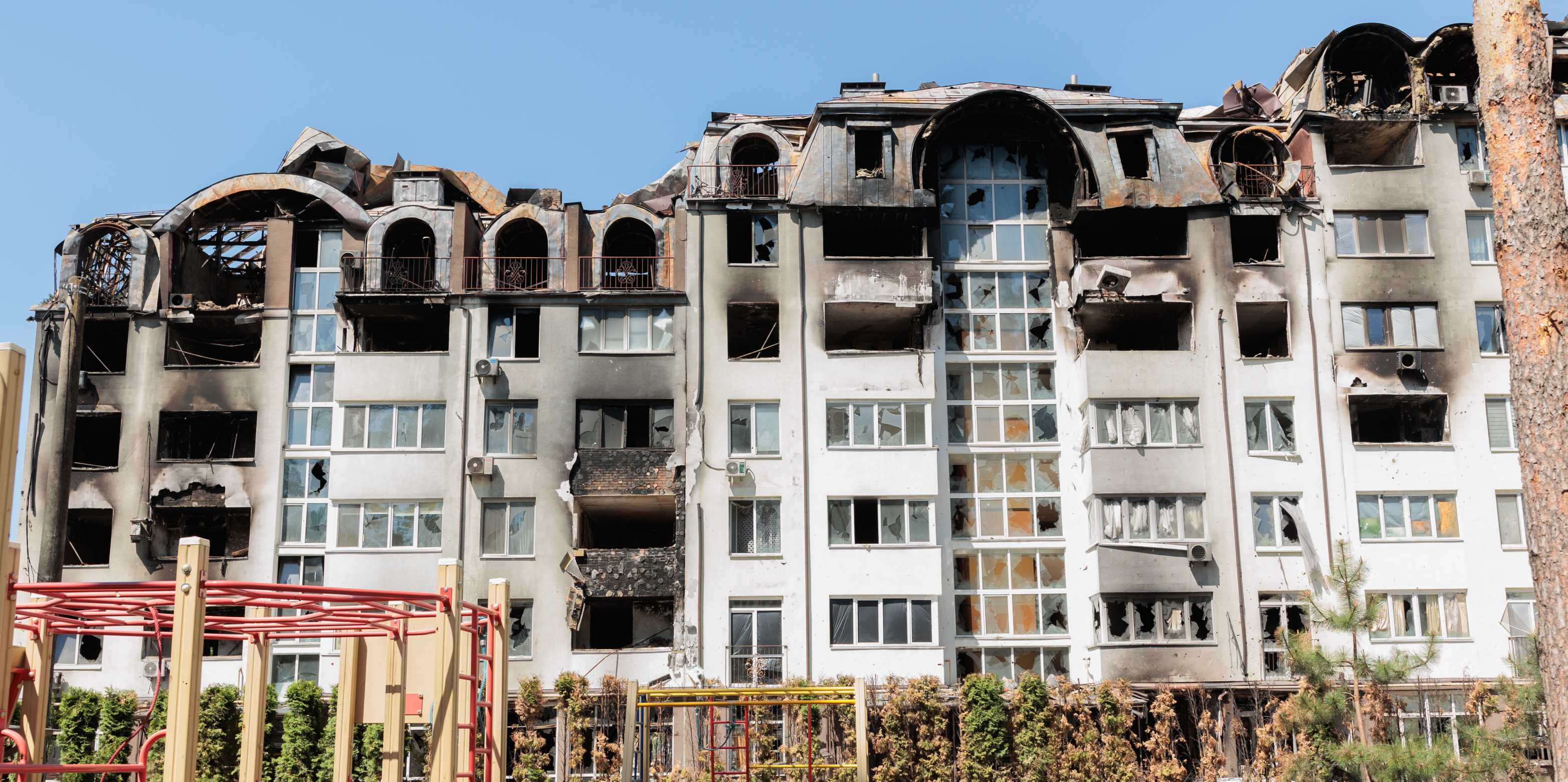Rebuilding Ukraine's Energy Infrastructure Using Renewable Energy Technologies
Research led by teams at ETH Zurich and institutions across Germany and Ukraine investigates new ways to rebuild Ukraine's energy grid affected by Russia's ongoing attacks.

Over the course of the war in Ukraine, the national energy infrastructure has been significantly destroyed, including a reported 95% of thermal power plants from 76% at the start of the war in early 2022. Iryna Doronina, a Guest Professor at the Technical University of Munich and a former Senior Researcher at the ETH Institute of Science, Technology and Policy (ISTP), is at the heart of research facilitating the reconstruction of Ukraine's energy infrastructure. Her work at ETH Zurich involved interdisciplinary collaborations with Tobias Schmidt, Professor of Energy and Technology Policy and the Head of the ISTP, and Adrienne Grêt-Regamey, Professor of Planning and Landscape Urban Systems. In their recent external page Joule publication, they investigated the value of renewable energy integration in rebuilding and bolstering Ukraine's energy structure for post-war resilience.
Through this research endeavor, Doronina and affiliated researchers conducted geospatial and public policy analyses to propose novel strategies facilitating the redevelopment of Ukraine's energy grid. This involved mapping Ukraine's energy capacity reserves, including potential capacities for solar and wind power generation in compliance with Ukrainian legislation. One key discovery is the high potential for solar and wind energy in the southern and eastern regions of Ukraine for integration into the current national energy grid.
In addition, this research investigates the governance of a new decentralised energy system in Ukraine in collaboration with Vasyl Doronin, the head of the Ukrainian Hydrogen Association. The findings generated as a result of this work facilitates transparent policymaking and reduces the risk of corruption in the energy market, as outlined by Doronina in the original report.
Key facts and figures from this work have been reported to several European institutions, including the European Commission at the Joint Research Center in the Netherlands and the Federal Office for Civil Protection in Switzerland. While providing valuable insight into the further development of the Ukrainian energy sector, this work also sheds light on crucial information for Switzerland and the global energy community.
Note: This is a summarized version of the original article found on the ETH Website. The full blog post is available in English and German.
Read the original Journal research article external page here.